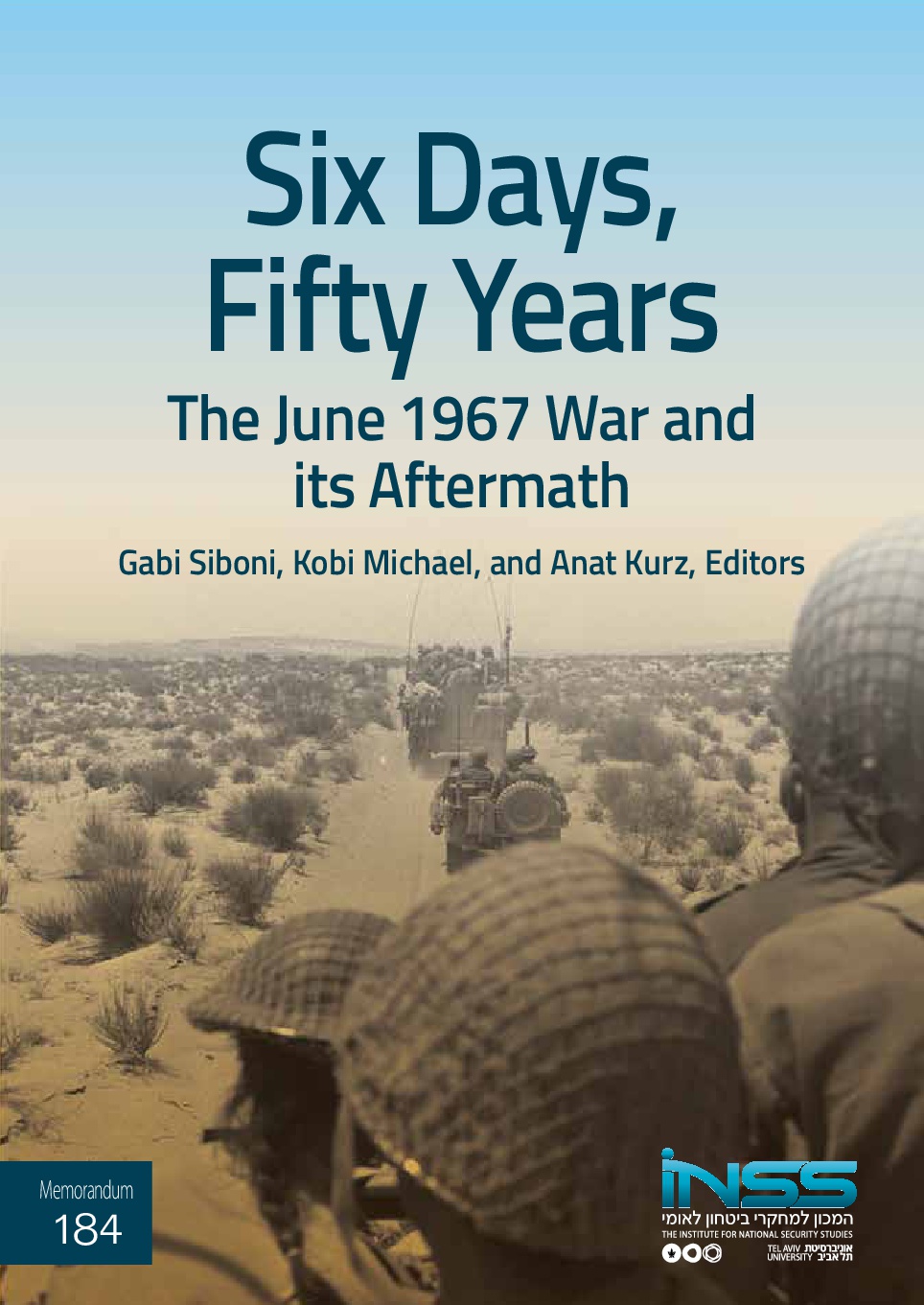Publications
Tel Aviv: The Institute for National Security Studies, 2018

The Six Day War ended with a resounding military defeat for the Arab states. Indeed, in Israel’s War of Independence, the Arab armies failed in their efforts to stop the creation of the State of Israel, which at the end of the war held a larger area than it had been allotted by the UN Partition Plan. However, the Arab armies at that time were weak, and the lack of agreement among the Arab countries, which were ruled by the old regimes, prevented effective cooperation between them. In the 1956 Sinai Campaign, the Egyptian army was defeated and the entire Sinai Peninsula fell to the IDF within four days. Yet in all fairness to the Egyptian army, it was forced to fight simultaneously against British and French forces that had penetrated into the northern Suez Canal. In contrast to these two conflicts, the Six Day War was a total military failure for the Arabs. Within six days, the three most powerful Arab armies were defeated; the IDF captured large expanses of territory from three Arab countries; and the State of Israel now possessed natural borders—the Suez Canal, the Jordan River, and the Golan Heights—while creating a threat to the strategic depth of the Arab countries. This time there were no justifications for defeat: The Egyptian army was a product of the Free Officers Movement; the Egyptian and Syrian armies were equipped with up-to-date Soviet weapons; and since 1964, there was a joint Arab command and initial cooperation between the armies of Egypt, Syria, and Jordan, with an Egyptian commander in charge of the eastern front. Although in both1949 and 1956 Israel captured Egyptian territory, these areas were returned to Egypt within a few months. This time, it would take years (and the Yom Kippur War) until the Sinai Peninsula was returned, and until today the Golan Heights and the West Bank remain under Israeli control.


